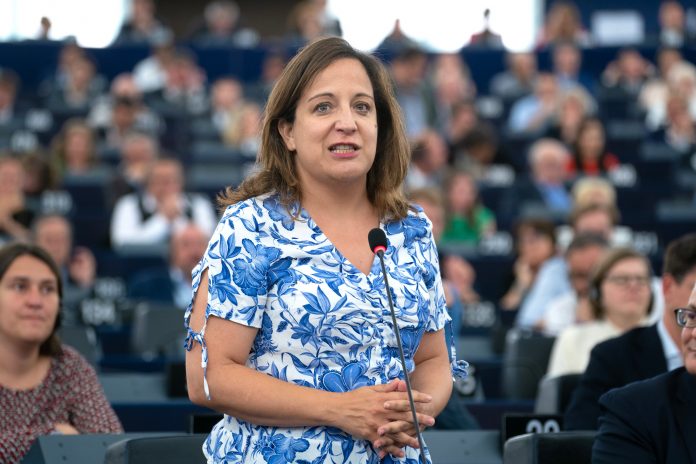The coronavirus pandemic deepens existing inequalities in our societies. It exposes an increasing number of women to gender-based violence. It is putting an additional burden on women who are disproportionally represented in professions where the risk of getting infected is high: in hospitals, shops or care homes. That is why the Socialists and Democrats, together with the leaders of Party of European Socialists and its women’s organisation PES Women sent a letter to European Commission president Ursula von der Leyen, calling for a proactive, gender-sensitive response to the crisis.
“Thousands of women find themselves trapped at home with their abusive partners. Figures from several member states confirm that the number of cases of gender-based violence has risen significantly during the lockdown. The confinement also limits the access to public health and reproductive services,” said S&D leader Iratxe García Pérez.
“We urge the European Commission and all EU governments to put women’s safety and health first as they respond to the pandemic. There should be enough public funding so that women can continue to have access to all health services, and have a place to call or go to if they face violence at home, like women shelters or helplines. The European Commission should also promote best practices, such as the pharmacy networks, where women can look for help by saying the code word ‘mask 19’ to the pharmacist,” she concluded.
“The coronavirus pandemic is disproportionately impacting women. Domestic violence and femicides do not find their way into current death statistics in our daily news. In addition to this, women are carrying an increasing burden of balancing teleworking and family responsibilities, a double burden which most men are spared of and which is even more difficult for single parents, most of whom are women,” added Maria Noichl, S&D MEP and spokesperson on women’s rights and gender equality.
“At the same time, women are on the frontline of the COVID-19 pandemic and absolutely vital to the recovery. 70% of the global health and social workforce like doctors, nurses and care workers are women. Other at-risk professions like cashiers and cleaning workers are also a large majority of women, often only paid the minimum wage. We have the moral and political obligation not to forgot about them while responding to the crisis and beyond, both at national and European level. The vigorous implementation of the EU Gender Equality Strategy and achievement of structural change is now more relevant than ever to make fair pay, fair pensions and a life free of violence and stereotypes a reality for women,” concluded Noichl.

